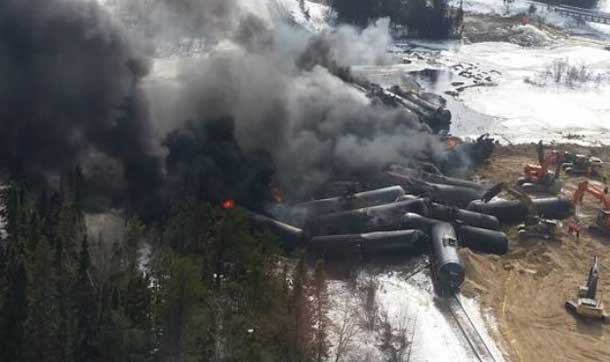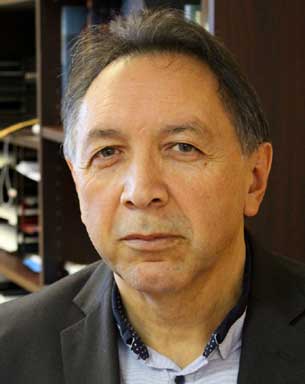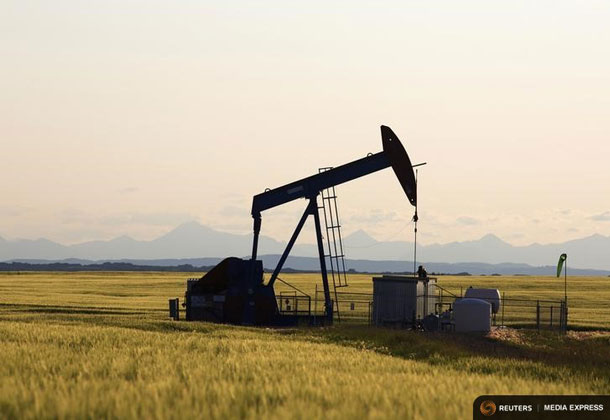
Statement from Grand Chief Lawrence Martin
THUNDER BAY – ANISHINAWBEK – We have reached a turning point when it comes to looking after the environment in Northern Ontario. There are numerous examples of how things are changing, but here are three distinct illustrations.

In the past two weeks, there have been two major tanker train derailments which have spilled millions of litres of crude oil into the environment near Gogama, Ontario. In an ironic twist, the Ministry of Natural Resources recently shut down their Gogama office after years of cutbacks, leading one to wonder about their capacity to respond to this incident.
Who now has the capacity and availability to do the years of ecosystem monitoring to see what the long- term impacts of the oil spills will be on the rivers flowing north from Gogama all the way to James Bay? I believe it will be left to the local First Nations to keep an eye on how the waters, fish and wildlife are impacted. Without having the financial resources to do the necessary scientific monitoring and reporting, we will have to have our Traditional Ecological Knowledge be heard somehow.
The second example has to do with planning for the future. In what the Province likes to call the “Far North”, but which I and other Mushkego people call home, the Province is trying to manage land use planning, using staff based in Peterborough and Timmins. This system is not working and the First Nations are slowly moving out from this remote control from the Province and developing their own land use plans.
The final example is an opportunity that I have spent a great deal of time exploring. Recently Mushkegowuk Council has been looking at First Nation led and managed prospects to build access and bring power to the Ring of Fire, in the heart of the “Far North”. I believe that as the people who will be impacted by the development we should also be the people to look after how the projects are developed.
The common theme throughout these changes is the determination of First Nations not to be left out of developments, opportunities and responses to environmental threats any longer. These examples point to a new way of doing business in Northern Ontario. Our First Nations have always been present on the land and understand it better than anyone else. We have a growing capacity and expertise in planning, developing environmental protocols, land protection and monitoring.
Meanwhile, both the Federal and Provincial governments have slowly taken themselves out of the picture when it comes to looking after the environment. The Federal government has gutted the Department of Fisheries and the Canadian Environmental Assessment Act. Meanwhile, the Ontario government has slowly withdrawn support from the Ministry of Natural Resources and the Ministry of the Environment.
The old ways of doing “development” are slowly changing. It is up to our First Nations to help guide the way into a future that not only brings prosperity but also ensures our lands, waters and environment are protected and are sustained for future generations.
As the oil pipeline of Energy East snakes its way across the country with more oil flowing 24/7, we will have to pay more attention, and have more rigour in our attempt to live in a clean and safe world, now and in the future. People behind these developments also have significant responsibility and they must also be made accountable.
We all have families we love. Caring for the land is like caring for our family. We are interested in working with individuals, corporations and governments who share and support this vision.
Mushkegowuk Council is a regional organization that represents the collective interests of the Kashechewan, Fort Albany, Chapleau Cree, Missanabie Cree, Moose Cree, Taykwa Tagamou and Attawapiskat First Nations in northeastern Ontario.







